Connect with the global community from a place of familiarity
Dr. Hoang Anh Duc, a researcher at RMIT University Vietnam and CEO of Sky-Line Education System, shared: "In 2018, when my small family welcomed our first daughter, I thought a lot about the past and the future. The biggest question for me was how will the future world be prepared for our children?"
For him, the answer is not how to prepare his daughter to get into the best school, but to build a good society where she and her peers can grow up.
It was this reason that inspired him to develop a number of educational projects to support teachers from kindergarten to high school, who play a vital role in shaping future generations.
Each member of the Academy serves a five-year term and is involved in developing international science policy, supporting global science education, and advancing the careers of young scientists. (Photo: Global Young Academy (GYA). |
During his tenure at the Global Young Academy of Scientists (2025-2030), he will focus on two specific initiatives, including: Mentoring programs for a wide range of young learners (academic, graduate and young researchers) and promoting open science policies and practices.
Sharing about this event, Dr. Hoang Anh Duc said: "This is not only a personal achievement but also a turning point opening a new learning journey. As the fifth Vietnamese person to join this network, I have the opportunity to connect and share knowledge with the global young scientific community" .
The aim of GYA is to create a common voice of young scientists, promoting global sustainable development policy.
The Global Young Academy (GYA) was established in 2010, bringing together outstanding scientists under 40 years old from countries around the world.
Vietnamese representatives participating in Global Young Academy:
Associate Professor, Dr. Ngo Van Thanh (2010); Associate Professor, Dr. Tran Quang Huy (2017); Professor, Dr. Tran Xuan Bach (2018); Dr. Nguyen Thi Phuong Thao (2024) and Dr. Hoang Anh Duc (2025).
Dr Hoang Anh Duc collaborates with RMIT University Vietnam and the School of Education of RMIT University Australia to promote teaching and learning activities in secondary schools across Vietnam and Southeast Asia.
The program focuses on developing and implementing a Master of Education Management training program, aiming to improve the capacity of educational managers and practitioners in Southeast Asia.
New page for Vietnam's science and technology development
Dr. Hoang Anh Duc also emphasized the importance of open science, calling for the promotion of open policies and practices in scientific research.
The days of solitary scientists working in closed laboratories are over. Modern science requires openness on many levels, from sharing data, research methods to transparent and accessible research results.Dr. Hoang Anh Duc
He shared, " I want to send a message to young Vietnamese scientists: Be bold in sharing, connecting and collaborating. The era of solitary scientists working in closed laboratories is gradually over. Modern science requires multi-dimensional openness, from sharing data, research methods to transparent and accessible research results."
He believes that transparent sharing of data, methods and research results will create a big impact, contributing to helping Vietnam become a bright spot in the open science movement in Southeast Asia.
Especially recently, the science and technology mechanism and policy in Vietnam, along with the birth of Resolution 57, will be a positive step forward to help the Vietnamese scientific community have more space and new opportunities to develop, especially for young scientists.
Vietnam aims to build a comprehensive ecosystem, where regional support policies with autonomy in scientific development and international networking will be the right direction for scientific development. |
To truly unleash innovation, we need to look at the long-term journey beyond policy. These changes need to be translated into transparent, effective, and consistent enforcement mechanisms.
Open science not only helps accelerate the development of knowledge but also builds public trust in science, especially in the current context of widespread misinformation.
For young scientists, adopting open science principles early in their careers opens up opportunities to connect with the global community, receive multi-dimensional feedback, and create broader impact for their research.
Source: https://nhandan.vn/tien-si-nguoi-viet-tham-gia-vien-han-lam-khoa-hoc-tre-toan-cau-post869227.html


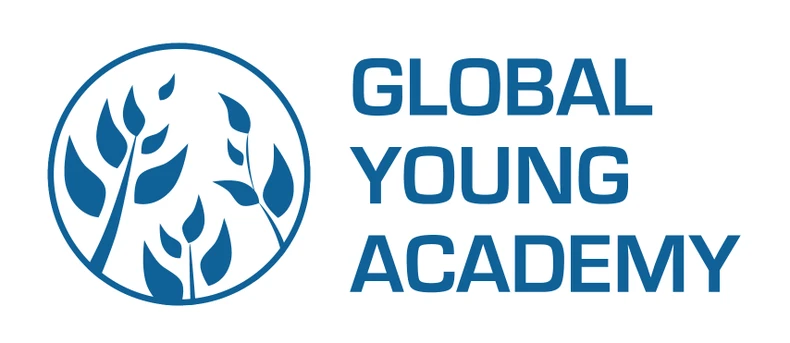

![[Photo] National Assembly Chairman works with leaders of Can Tho city, Hau Giang and Soc Trang provinces](https://vphoto.vietnam.vn/thumb/1200x675/vietnam/resource/IMAGE/2025/5/11/c40b0aead4bd43c8ba1f48d2de40720e)
![[Photo] Discover the beautiful scenery of Wulingyuan in Zhangjiajie, China](https://vphoto.vietnam.vn/thumb/1200x675/vietnam/resource/IMAGE/2025/5/11/1207318fb0b0467fb0f5ea4869da5517)
![[Photo] The moment Harry Kane lifted the Bundesliga trophy for the first time](https://vphoto.vietnam.vn/thumb/1200x675/vietnam/resource/IMAGE/2025/5/11/68e4a433c079457b9e84dd4b9fa694fe)
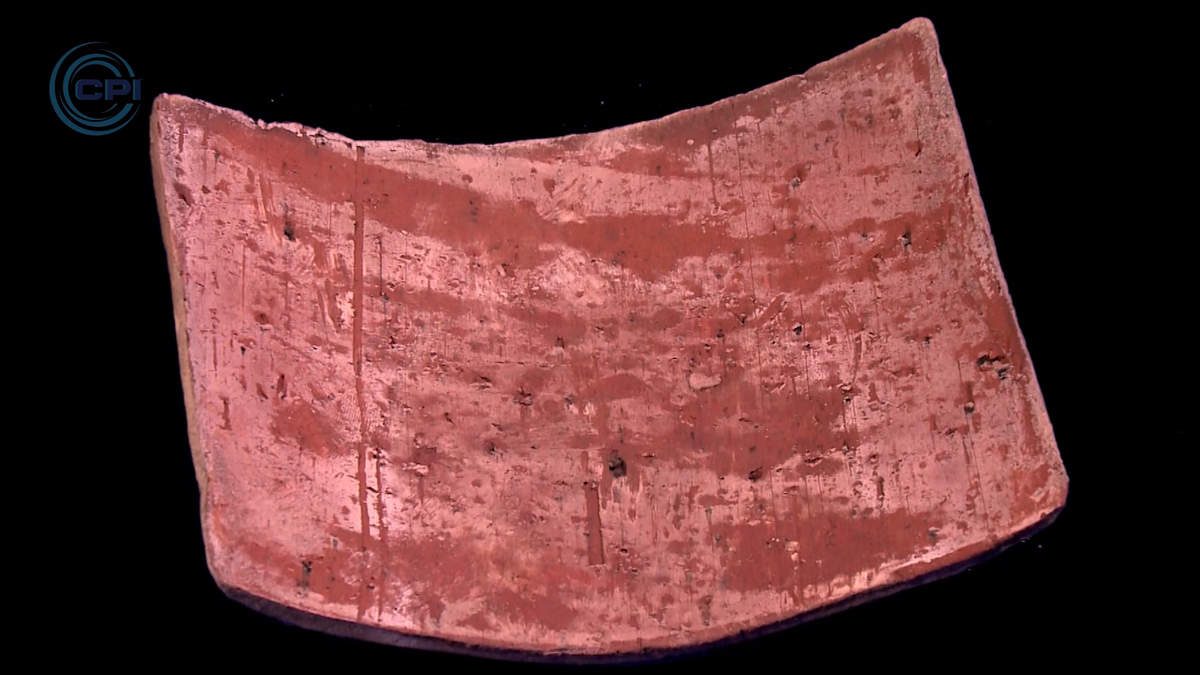
![[Photo] Prime Minister Pham Minh Chinh chairs the fourth meeting of the Steering Committee for Eliminating Temporary and Dilapidated Houses](https://vphoto.vietnam.vn/thumb/1200x675/vietnam/resource/IMAGE/2025/5/11/e64c18fd03984747ba213053c9bf5c5a)



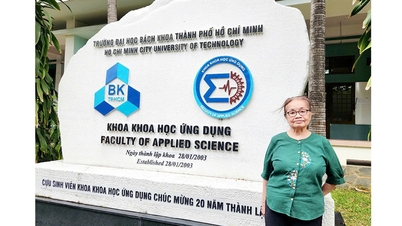

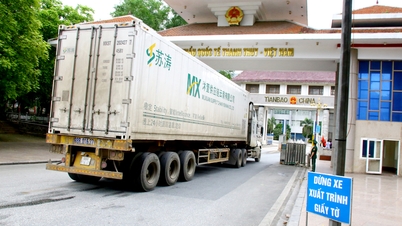




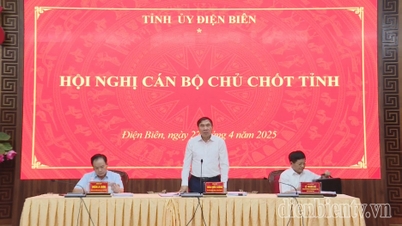





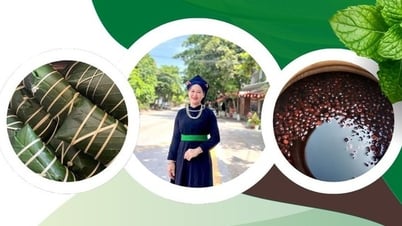





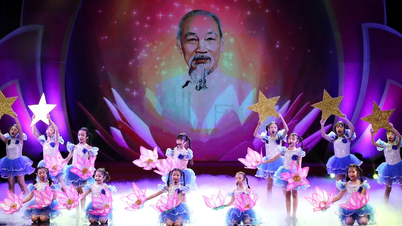

![[Video] Prime Minister directs 3 "hot" issues of the education sector](https://vphoto.vietnam.vn/thumb/402x226/vietnam/resource/IMAGE/2025/5/11/7e31b727b1264eda82eca75f579349d1)
![[Photo] Discover the beautiful scenery of Wulingyuan in Zhangjiajie, China](https://vphoto.vietnam.vn/thumb/402x226/vietnam/resource/IMAGE/2025/5/11/1207318fb0b0467fb0f5ea4869da5517)
![[Photo] National Assembly Chairman works with leaders of Can Tho city, Hau Giang and Soc Trang provinces](https://vphoto.vietnam.vn/thumb/402x226/vietnam/resource/IMAGE/2025/5/11/c40b0aead4bd43c8ba1f48d2de40720e)
![[Photo] Prime Minister Pham Minh Chinh chairs the fourth meeting of the Steering Committee for Eliminating Temporary and Dilapidated Houses](https://vphoto.vietnam.vn/thumb/402x226/vietnam/resource/IMAGE/2025/5/11/e64c18fd03984747ba213053c9bf5c5a)
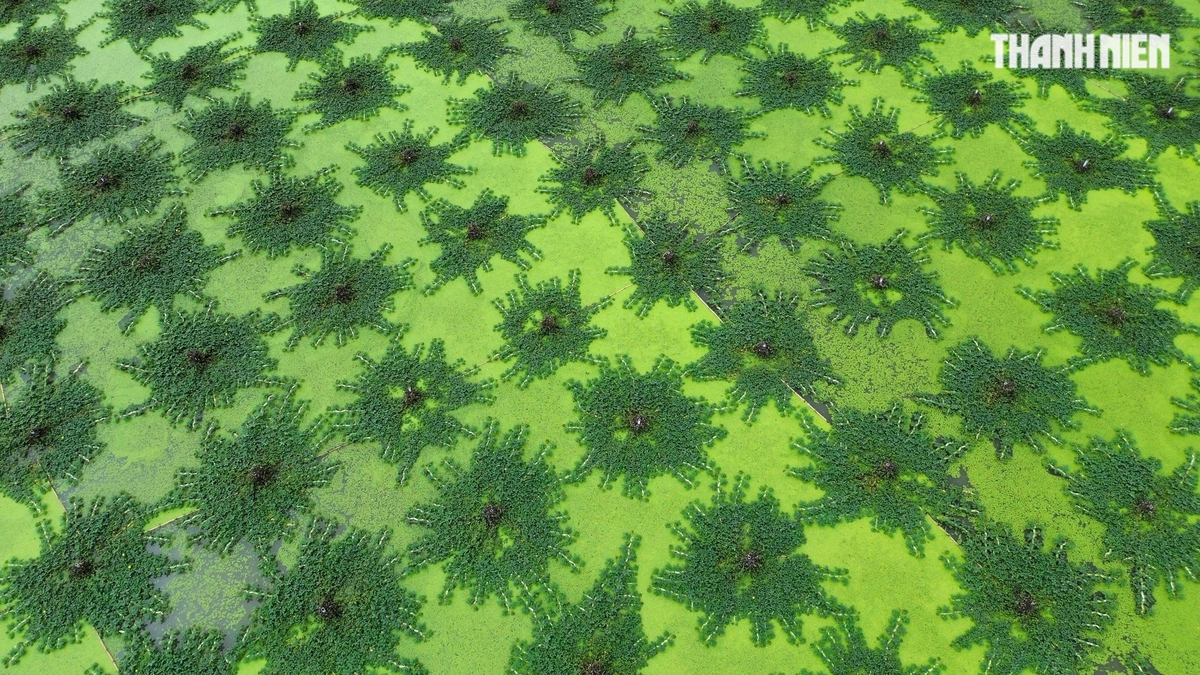




























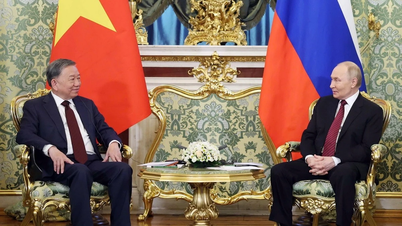
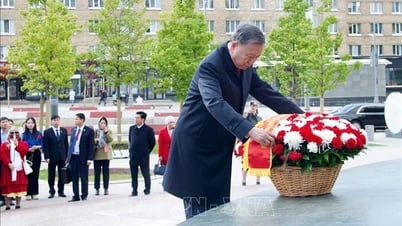










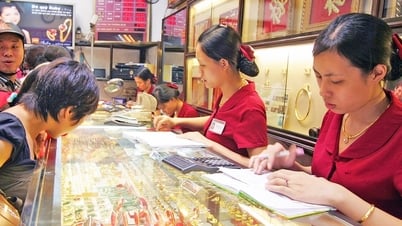

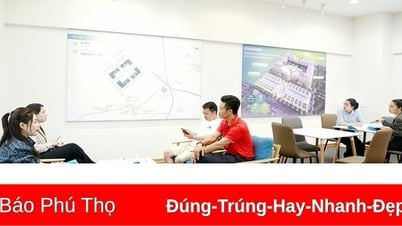

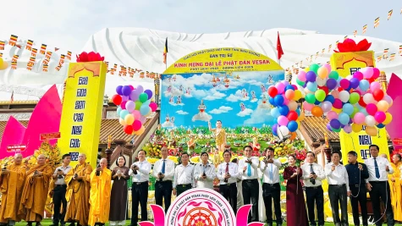


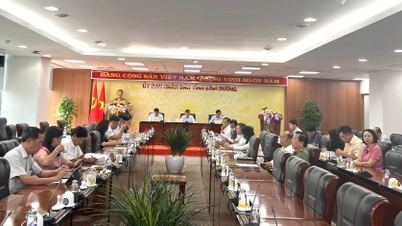
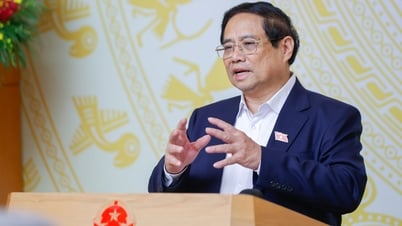










Comment (0)